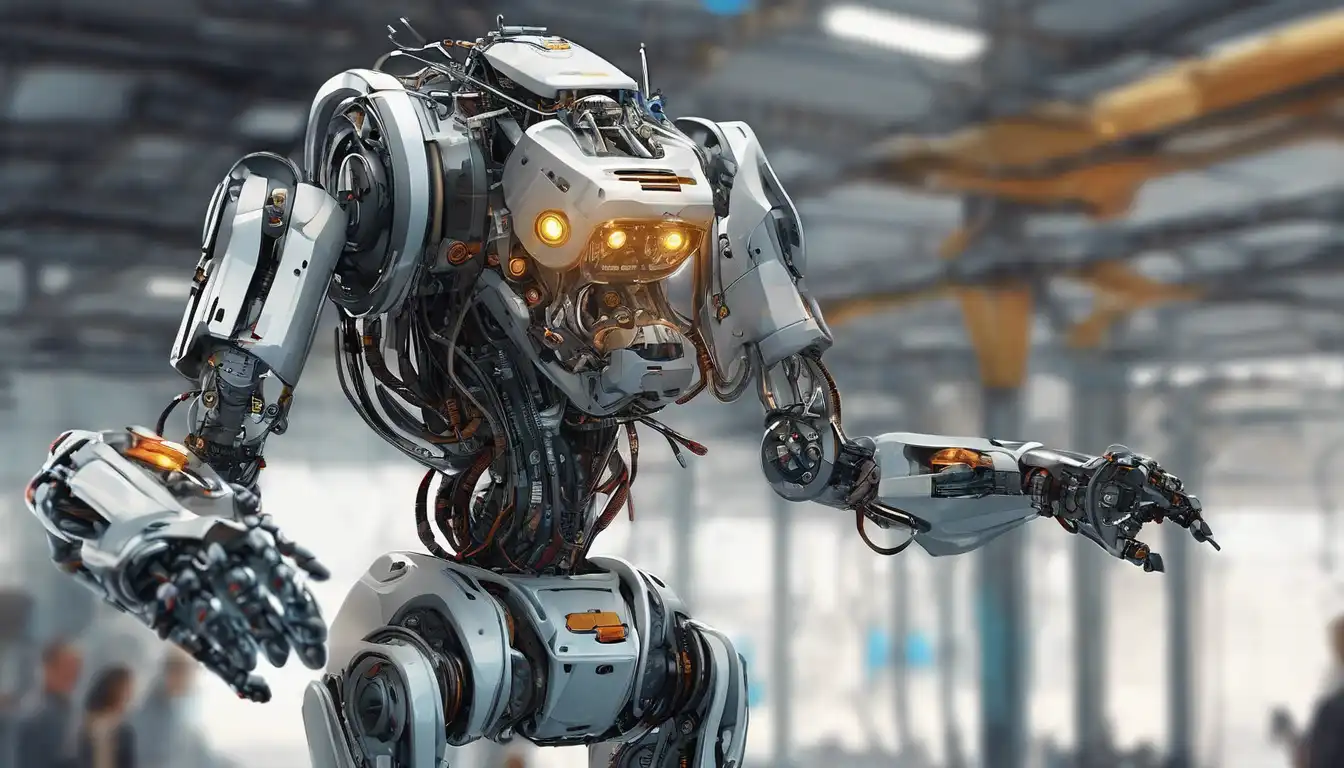Introduction to Robotics
Robotics represents the pinnacle of human ingenuity, blending the realms of technology and innovation to create machines that can perform tasks autonomously or semi-autonomously. This field has evolved dramatically over the years, from simple mechanical devices to complex systems capable of learning and adapting. In this article, we delve into the fascinating world of robotics, exploring its impact on various industries and daily life.
The Evolution of Robotics
The journey of robotics began with the creation of basic automated machines designed to perform repetitive tasks. Today, robotics encompasses a wide range of technologies, including artificial intelligence (AI), machine learning, and advanced sensors, enabling robots to interact with their environment in sophisticated ways. The evolution of robotics has been fueled by the relentless pursuit of innovation, leading to breakthroughs that were once considered science fiction.
Applications of Robotics in Today's World
Robotics has found applications in numerous fields, revolutionizing how tasks are performed. In manufacturing, robots have increased efficiency and safety, taking over dangerous or monotonous jobs. In healthcare, robotic surgery and rehabilitation devices have improved patient outcomes. The exploration of space and deep-sea environments has been made possible through robotic technologies, showcasing the versatility and potential of these machines.
The Role of Artificial Intelligence in Robotics
Artificial intelligence has been a game-changer for robotics, enabling machines to process information, learn from experiences, and make decisions. AI-powered robots are now capable of performing complex tasks, such as natural language processing and image recognition, opening up new possibilities for their use in everyday life and specialized industries.
Challenges and Ethical Considerations
Despite the advancements, robotics faces challenges, including technical limitations, high costs, and ethical concerns. The integration of robots into society raises questions about job displacement, privacy, and the moral implications of autonomous machines. Addressing these issues is crucial for the responsible development and deployment of robotic technologies.
Future Prospects of Robotics
The future of robotics is bright, with ongoing research and development pushing the boundaries of what's possible. Innovations in materials science, energy efficiency, and AI are expected to lead to more capable, affordable, and versatile robots. As we stand on the brink of a new era in robotics, the potential for positive impact across all sectors of society is immense.
Robotics continues to be a field where technology and innovation intersect, driving progress and transforming the way we live and work. By embracing the challenges and opportunities it presents, we can harness the power of robotics to create a better future for all.
